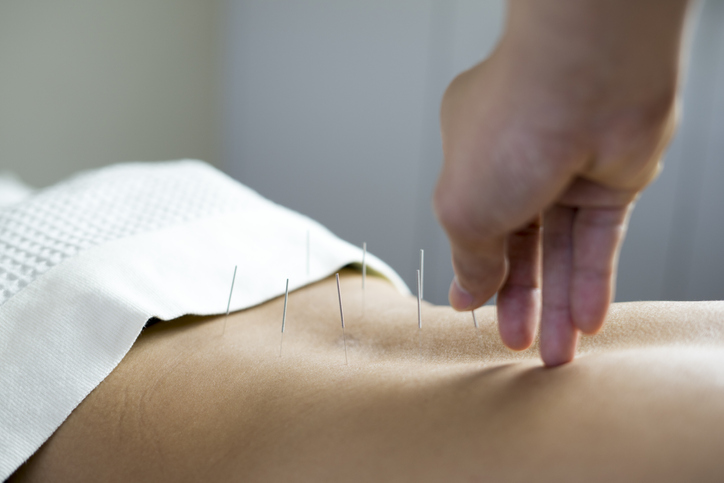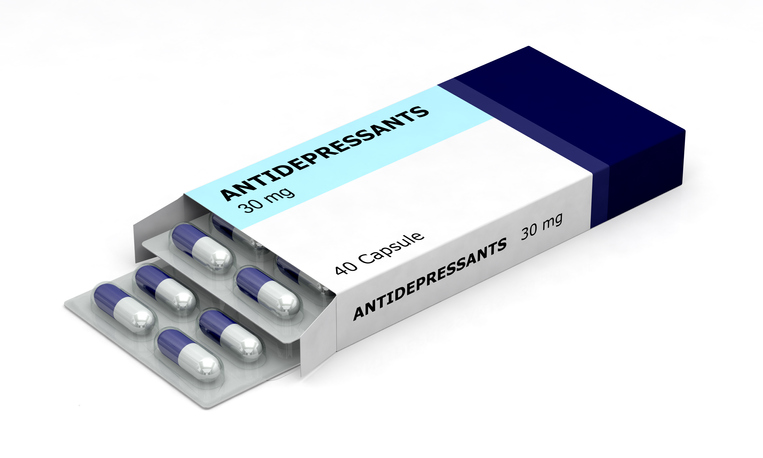Treatments
Cannabis in Canada

In 2001, cannabis was legalized for medical purposes when Canada introduced the Marihuana Medical Access Regulation (MMAR). The original 2001 guidelines for medical cannabis were replaced with the Access of Cannabis for Medical Purpose Regulations (ACMPR) in 2016.
In 2018, Canada became the second country in the world to legalize the recreational usage of marijuana. The Cannabis Act of 2018 set forth the current guidelines regarding medical cannabis in Canada.
Access to cannabis for medical purposes
Access to cannabis for medical purposes requires a prescription provided by an authorized health care provider. Specific information is required on the prescription and can be found on page 273 of the Cannabis Act. This information includes the daily quantity in grams and the maximum period of use (not to exceed one year).
After a prescription is obtained, medical cannabis users may:
- buy directly from a company registered to sell medical cannabis with Health Canada.
- register with Health Canada to grow a limited amount of cannabis for personal use.
- designate an individual to grow cannabis on their behalf.
The manner in which individuals can access cannabis, such as dispensary or government-run stores, depends on the rules of each individual province or territory.
Insurance coverage or tax deductions
Cannabis products, such as dried herbs, oils, seeds, and products purchased from an authorized and licensed medical provider, can be claimed on income taxes as a medical expense. Individuals must have the purchase receipts from an approved Health Canada-licensed producer along with the medical authorization from a health care provider.
Some health insurance programs may cover medical cannabis. Individuals should check with their extended health plan for more information on this.
Possession and storage limits
The Cannabis Act removed the storage limit for individuals using medical cannabis. In public, the requirements for retaining dried medical cannabis, or its equivalent, ranges from 60 to 150 grams per 30 days, depending on the practitioner's recommendation. However, it is important to note that public possession is still limited to a 30-day supply of dried cannabis, or its equivalent in cannabis products. This is in addition to the 30 grams allowed for nonmedical purposes.
If requested, an authorized registration document or certificate must be shown to law enforcement officials. These registration documents and certificates are issued by a federally licensed seller along with Health Canada. People that use cannabis are subject to conform to the legal age limit in their province or territory.


















